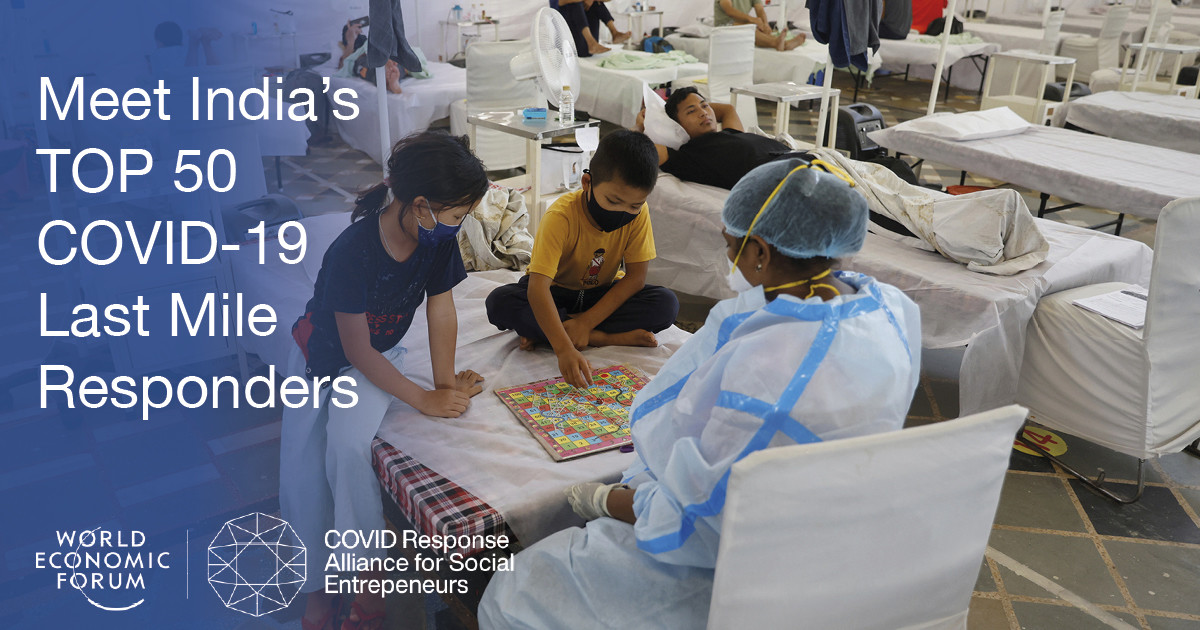COVID-19: What you need to know about the coronavirus pandemic on 3 November

Vaccination efforts continue globally.
Image: REUTERS/Kim Hong-Ji/File Photo
Stay up to date:
Pandemic Preparedness and Response
- This daily news round-up brings you a selection of the latest news and updates on the COVID-19 coronavirus pandemic, as well as tips and tools to help you stay informed and protected.
- Top stories: New restrictions introduced in the Netherlands; China's zero-tolerance COVID-19 policy set to stay; US CDC approves use of COVID-19 vaccine for 5- to 11-year-olds.
1. How COVID-19 is affecting the globe
Confirmed cases of COVID-19 have passed 247.7 million globally, according to Johns Hopkins University. The number of confirmed deaths has now passed 5.01 million. More than 7.1 billion vaccination doses have been administered globally, according to Our World in Data.
South Korea has announced it will ramp up COVID-19 testing at schools after a sharp rise in infections among children - weeks ahead of a plan to fully reopen schools.
The Health Council of the Netherlands has recommended that adults aged 60 and over receive COVID-19 vaccine booster shots.
Unvaccinated people in Greece will need to show proof of a negative COVID-19 test to access state services, banks, restaurants and retail shops. It comes as cases hit a new daily record on Tuesday.
Indonesia's economic growth is expected to have slowed significantly in the third quarter as restrictions imposed to prevent the spread of the Delta COVID-19 variant put the brakes on any recovery, a Reuters poll found.
Britain has reported its highest daily COVID-19 death toll since March - 293 - although authorities warned that it could include two days' worth of data.
Ukrainians who knowingly use or manufacture fake COVID-19 vaccine certificates face fines or jail under new legislation passed in parliament yesterday.
Several Russian regions are considering imposing additional restrictions or extending a workplace shutdown to fight a surge in COVID-19 cases. A partial nationwide lockdown has already been reintroduced.
The director of the US Centers for Disease Control and Prevention has backed the broad use of the Pfizer/BioNTech COVID-19 vaccine in children aged 5-11.

2. Dutch government reintroduces face masks as COVID-19 cases rise
The Dutch government yesterday announced the reintroduction of some COVID-19 measures, including the wearing of face masks. The measures come in an effort to slow the spread of new COVID-19 cases, Prime Minister Mark Rutte said.
The use of a 'corona pass', showing proof of a COVID-19 vaccination or recent negative coronavirus test, would be broadened as of 6 November to public places including museums, gyms and outdoor terraces, Rutte said.
COVID-19 cases have reached their highest level since July in the past week, with many hospitals forced to cut back on regular care, to make room for urgent COVID-19 cases.
Rutte called on residents to stick to basic hygiene rules - whether vaccinated or not - and to stay at home if they had possible symptoms. "Our own behaviour is crucial, a very large part of our coronavirus policy depends on it," he said.
Accept our marketing cookies to access this content.
These cookies are currently disabled in your browser.
3. Zero-tolerance COVID-19 policy set to stay in China
A zero-tolerance approach to local COVID-19 cases in China is set to remain in place, some experts have said.
To stop local cases from turning into wider outbreaks, China has developed and continually refined its COVID-fighting arsenal - including mass testing, targeted lockdowns and travel restrictions.
"The policy (in China) will remain for a long time," Zhong Nanshan, a respiratory disease expert who helped formulate China's COVID strategy in early 2020, told state media. "How long it will last depends on the virus-control situation worldwide."
He said the current 2% death rate of the disease globally is not tolerable in China: "Zero tolerance costs a lot indeed, but letting the virus spread costs more."
India’s leading COVID-19 last-mile responders
Don't miss any update on this topic
Create a free account and access your personalized content collection with our latest publications and analyses.
License and Republishing
World Economic Forum articles may be republished in accordance with the Creative Commons Attribution-NonCommercial-NoDerivatives 4.0 International Public License, and in accordance with our Terms of Use.
The views expressed in this article are those of the author alone and not the World Economic Forum.
Forum Stories newsletter
Bringing you weekly curated insights and analysis on the global issues that matter.
More on Health and Healthcare SystemsSee all
Gaurav Ghewade
April 23, 2025
Naoko Tochibayashi and Mizuho Ota
April 7, 2025
Charlotte Ersboll and Kusum Kali Pal
April 7, 2025





